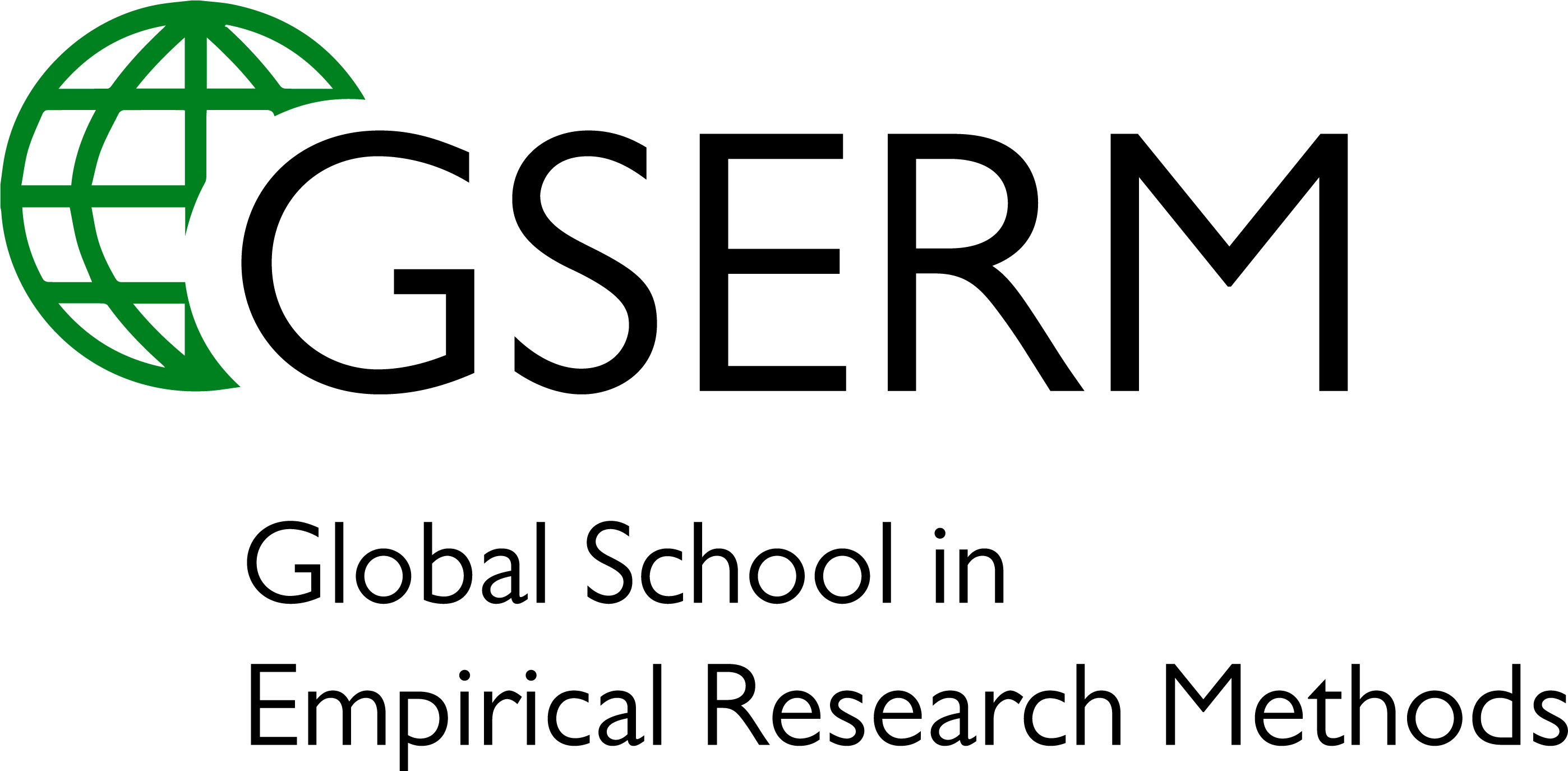Qualitative Research Methods and Data Analysis presents strategies for analyzing and making sense of qualitative data. The course will discuss the qualitative research continuum—from descriptive to interpretive—and cover established qualitative research approaches such as grounded theory, narrative analysis, and case studies. We will briefly review research design—including discussion of design dimensions: time, comparison, and use of theory—and data collection strategies—primarily interviews and focus groups—but the course will focus largely on data analysis. In particular, we will consider how researchers develop codes and integrate memo writing and diagrams into a larger analytic process. Coding and memo writing are concurrent tasks that occur during an active review of interviews, documents, focus groups, and/or online data.
Analytic memo writing is a strategy for capturing analytical thinking, inscribed meaning, and cumulative evidence for condensed meanings. Memos can also resemble early writing for reports, articles, chapters, and other forms of presentation. Researchers can also mine memos for codes and use memos to build evocative themes and theory. In parallel, coding provides an analytic focus and investigative point of view; the course will illustrate specific coding practices that generate particular types of topics and concepts, such as process codes and in vivo codes. We will discuss deductive and inductive coding and how a codebook evolves how we discern emerging codes and assess conceptual shifts during analysis. Our discussion will move from managing codes to developing code structures and hierarchies, identifying code clusters, and building multidimensional themes. We will also discuss final research products how results are framed to underscore cognitive empathy, precision, and emergent discovery.
The course will also discuss using visual tools in analysis, such as diagramming key quotations from data to holistically present the participant’s key narratives. Visual tools can also assist in looking horizontally across many documents to identify and illustrative connective themes and link the parts (quotations or codes) to the whole (themes, documents, or participants).
The course will include daily in-class exercises – both individual and group – including exercises using software.


